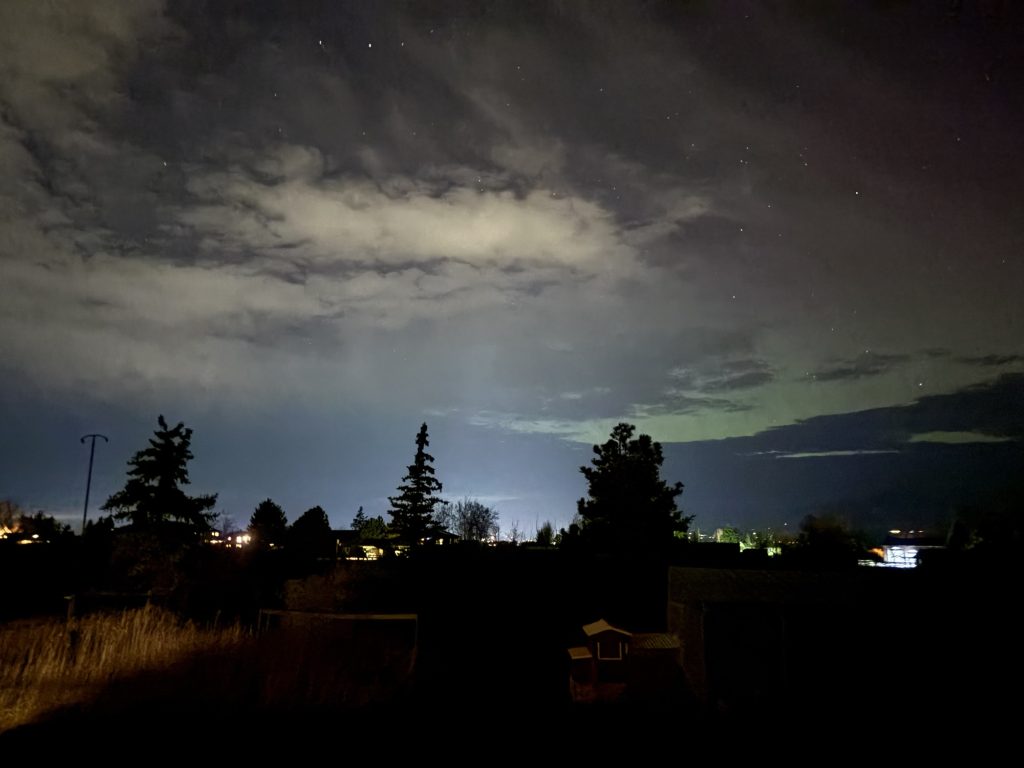Navigating the rifts and eddies in the river of human scale time takes more skill and endurance than I fear I have.
Even if I assume that Earth time still running on any sort of human scale (which I don’t believe to be true), I find myself wondering if it’s better to head for the riverbank for a moment. Like Lewis and Clark, I only dimly understand where this river will let out.
I once paddled lightly, easily, even joyfully with the currents of my time. When I capsized, to continue with kayaking metaphors, I would simply snap myself back upright with a sweep or C-to-C Roll roll and carry on downstream spluttering wet and bursting with laughter.
Kayaking the Zeitgeist River was a fine past time for the quick witted and able shouldered amongst us. One could build an entire career by correctly the judging the river of time. And what fun it was to carry along with friends as time did most of the work.
But ever more frequently, I search for the eddies to pull myself out of the stream to stop for a while. Tired and hurting, I look for a refuge to catch my breath and slow my heart. As the timeline rages on without me, through crashing white water and its drowning currents, I wonder if I should even be alone on these waters at all.
Simply staying upright is now a bare minimum of a concern. A hip snap and good instincts does little when the course never ends and the rapids unexpectedly turn from a fun day of Class III rapids to Unrunnable class VI without so much as a posted sign. There are no maps or forecasts to be had. Your gear might be whatever you brought onto the water in entirely different conditions.
There be dragons here? Hardly so dramatic a metaphor applies from naval history pertains to river ways. But it’s no less dangerous for its lack of vista. Unseen rocks, snapped branches and water logged organic materials rise and decay into froth and burble. Lurking like so many unseen estuarine creatures swimming inland.
I already feel as if the tattered veil which separates our shared reality with whatever exists beyond is far too fragile. That any one of us can choose to run the rapids of passing time serves to remind me of how fraught the pastime of participating in history can be.
A small kayak with one intrepid soul can be righted quickly. But an endless run of rapids designed to sink any who choose to run it? The public experience of our shared time should not be such a battle. We all want to see where we are going don’t we?






